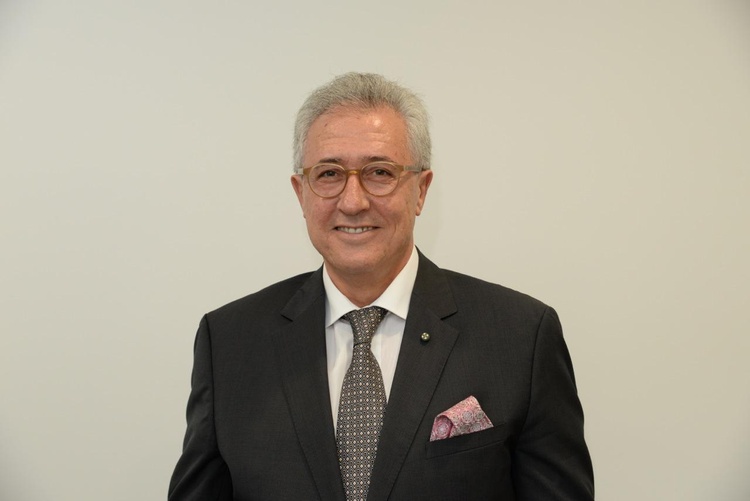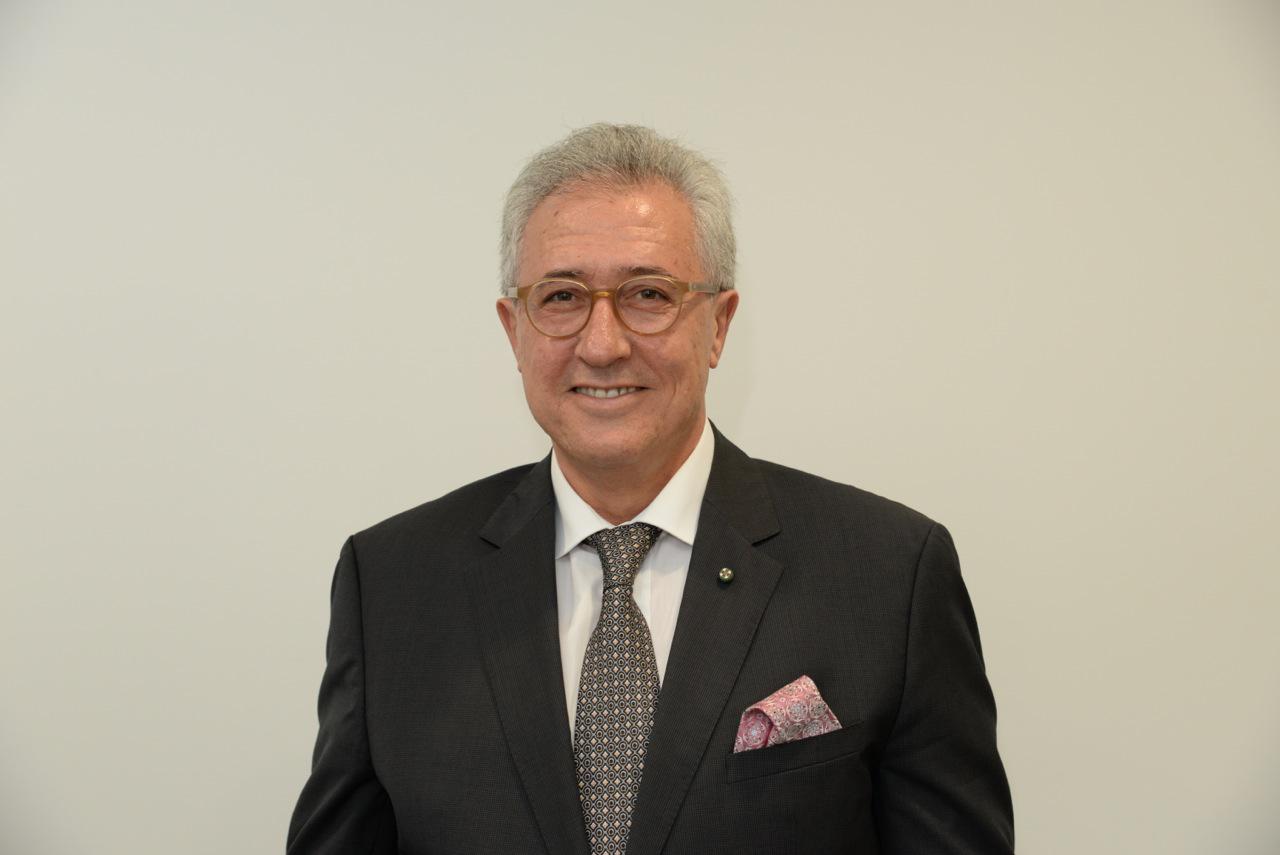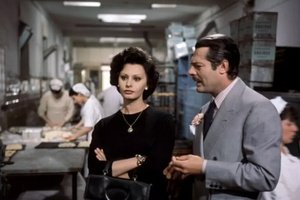With two terms under his belt, Francesco Giacobbe is the most experienced candidate in this election round and has been urged to run for a third term, which he vows will be his last.
“We will complete the many things we have started and introduce many new things that could be done,” he said.
Among the things still to be completed, and for which Giacobbe says his reappointment to the Senate is crucial, is the regaining of Italian citizenship.
“We have been trying for nine years to get a law passed that would reopen the terms of the 1992 law that allowed dual citizenship,” the senator clarified.
However, for the past nine years Giacobbe’s party, the Partito Democratico, has for the most part been in government, and thus in a position to get the law passed, but it has unfortunately remained a dead letter.
This is a sign that even within the Democratic Party circles, something isn’t adding up when it comes to this law.
This is perhaps also why Senator Giacobbe is trying to rearticulate his proposal.
“We want to introduce the reacquisition of citizenship at least for former Italian citizens in Australia and North America, who were unable to exercise the option of reacquisition because they were prevented from doing so by local laws.”
This is something that could then lead to other conquests on the same road, a road that in general Francesco Giacobbe intends to direct toward the greater appreciation of Italian communities in foreign countries.
“There is a tendency not to fully recognise the role that Italian communities around the world have played in the development and promotion of the Made in Italy brand, but above all, what they could do today,” he argued.
To continue to chart this course, the senator believes it is important for him to be reappointed, so that he can put what he has done so far to good use and focus on the sectors of the community he’s been less involved with.
“We have a huge network of second-, third- and fourth-generation Italians who represent a great resource: to bring these generations closer to Italy, therefore, it is necessary to promote interchanges of language, culture, community and tourism.”
“This way, new generations of Italian descendants can get to know Italy better, connect with their age group there, and establish relationships that will foster cultural exchange.”
For the new generations in Italy, the senator proposes that the same should be done in schools by teaching the history of Italian migration as a social phenomenon.
However, reviving all of these initiatives could be an uphill battle, because in recent years, even in Australia, community involvement and interest in Italian politics have declined, as has participation in Italian elections.
Without participation, without involvement, without a community that is politically engaged, it will be difficult to establish the contacts and relationships that Giacobbe hopes to foster during his next term.
“Disenfranchisement from politics occurs in Italy and among communities abroad. This is a fact," said the PD candidate.
“But this stumbling block has to be overcome with continuous work by politicians, through direct contact between politics and the community,” he argued.
“We need to discuss the issues that people really care about. The PD has tried to do this with the Agoras launched by Secretary Enrico Letta, which were also held in Australia. There was some participation, but there needs to be more.
“Therefore, we also need to get out of the party logic and involve the whole community through the Com.It.Es. This is the only way to bring current issues to the attention of Italian institutions, such as problems regarding visas and the recognition of professional and educational qualifications."
While discussions could indeed be very important within a community such as ours, which has often felt neglected by institutions and politics, Italy, especially in recent years, has been overwhelmed by a series of crises that have greatly sidelined the needs of its foreign communities.
Among these is the increasingly difficult international situation which is having an enormous impact on the economic and social conditions of the Peninsula. This is partly because the sanctions against Russia are supported by the Italian government and especially by the PD.
“Italy was recovering from the post-pandemic crisis, also thanks to the PNRR (the National Recovery and Resilience Plan), but it has now been hit by the effects of the war in Ukraine," explained Giacobbe.
“The Ukrainian people have the right to defend themselves against aggression, and the energy crisis is mainly due to the war, rather than to the sanctions.
“The hope is that the EU will take determined steps to put a limit on the price of gas, but in my opinion, we should also accelerate diplomatic action and seek compromise."
This line of thought seems to differ significantly from that of Giacobbe’s party, which is very outspoken regarding sanctions on Russia and sending arms to Ukraine yet far vaguer on diplomatic initiative.
And this is not because he is not equally convinced of the need to retaliate blow by blow to Moscow's aggressive action, but as he explained when interviewed on IL GLOBO TV, "one should not go too far even on the side of defensive actions."
"For example, I did not like the comments that were made by Ukraine in response to the Pope's statements: violence should be condemned in any case and that’s that.”












